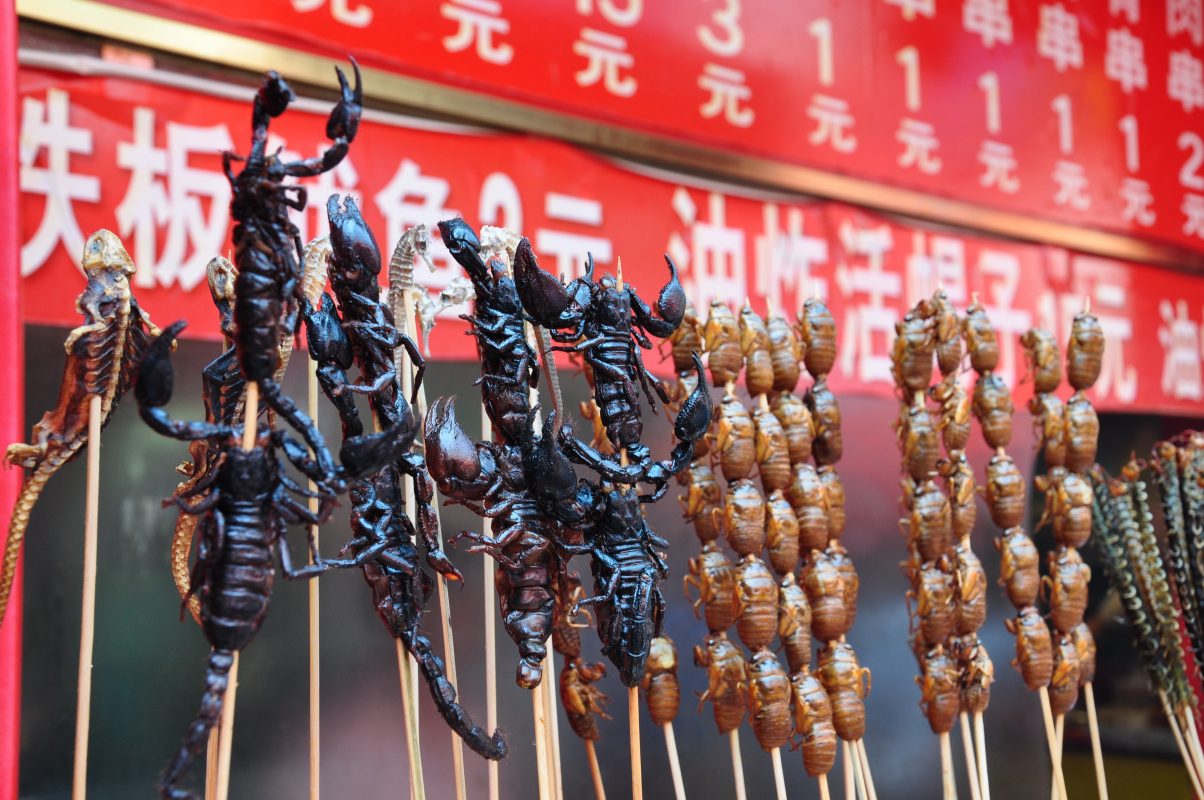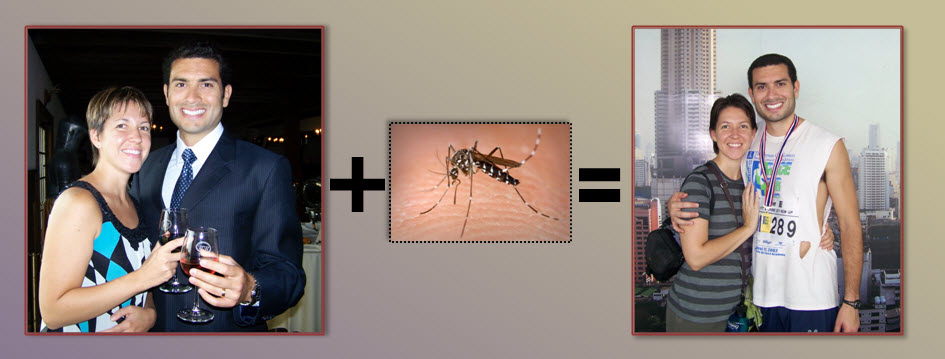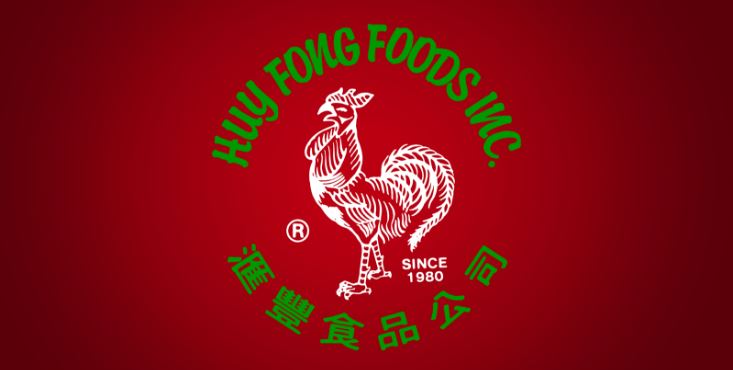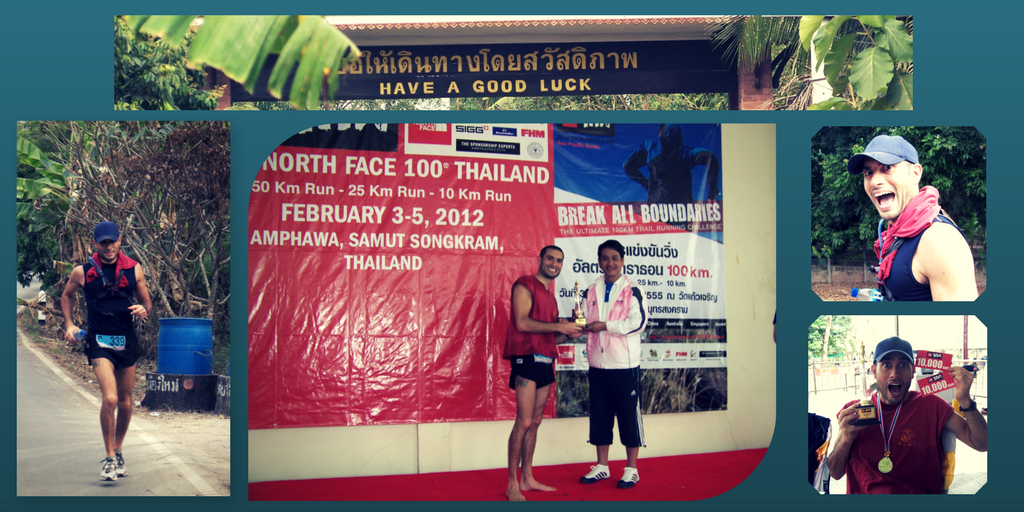
We must accept a universal truth: Kids don’t like to eat the crust. An endless battle for parents, this truth is a powerful tool for meeting goals.
Be it toast, peanut butter and jelly, grilled cheese or otherwise, kids have always preferred the core over the crust. It is not hard to understand why. Experience has proven to all of us that the soft part of the bread has the best texture, the freshest taste and is the easiest to chew. Even as adults, many of us still pick the soft core out of fresh bread served in high-end restaurants. We’ll never admit it to our kids, but we all know it’s true!
I find that a child’s approach to eating a sandwich is the roadmap to success in achieving goals. To the child, there is no sorrow for what they didn’t eat. Instead, they celebrate every bite of what they wanted to eat! They eat in perfect contentment until they are full, and then they leave the rest behind. Usually, the remains are not pretty; picked over and mangled like a wild animal came and plucked all the best parts out.
The same should be true of our goals. Goals are meant to be enjoyed. They should feed the body, mind and spirit and help us grow over time. While it is easy to build a goal that looks wonderful (like a good sandwich), finishing that goal is not always uniformly enjoyable. There are parts that we really like and parts that we don’t like that much. As adults, we try to force ourselves through what we don’t like by using discipline, logic and will power. Parents use the same tactics when trying to get their kids to eat the crust. And often, like parents, we find ourselves frustrated and defeated when our tactics don’t work. Even worse, we look back on the whole experience as a failure. Rather than approach our goals like the parent, I advocate that we approach them like the child.
Our April Challenge is entering its final week. Some of us may feel proud of our progress while others may feel discouraged. If challenges or doubts tempt you to quit or feel ashamed, remember what generations of children have taught us about bread: it is better to enjoy what we eat than it is to finish it all.
We all set goals that we knew we would enjoy. We spent three weeks overcoming distractions and making progress together. We must not let shame spoil the taste now! Keep working, keep growing, and enjoy every bite. After all, the best part of any sandwich is the core – not the crust!






